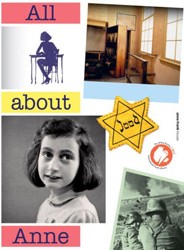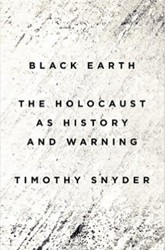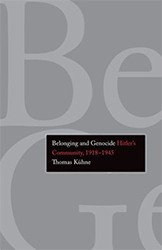By
– August 25, 2011
In the spring of 1944, Livia Bitton-Jackson was transported from Samorin, Czechoslovakia to Auschwitz, along with her mother, Laura, and other members of her family. Since many of her family members who perished in the Holocaust did not have marked graves, many years later, when the Jewish cemetery in Samorin was threatened by the impending construction of a dam on the Danube river, Bitton-Jackson returned at the behest of her mother, who wished to have the remains of her parents exhumed and brought to Israel for reburial. Saving What Remains is a striking examination of how those who have come before us shape our understanding of both the present and the past. Bitton-Jackson uses the associations that were evoked by the smells, locations, and people that she encountered on her journey to deftly weave together the story of her return to Samorin with her memories of life before, during, and after the war. In this way, the narrative structure of the text draws attention to the ways in which both the author’s memories and different generations of her family have become layered and inextricably entwined over time. An important addition to Bitton-Jackson’s previous work on the Holocaust, Saving What Remains is a moving exploration of the nature of family and the enduring effects of war.
Sarah Shewchuk holds a PhD in Comparative Literature from the University of Alberta.





